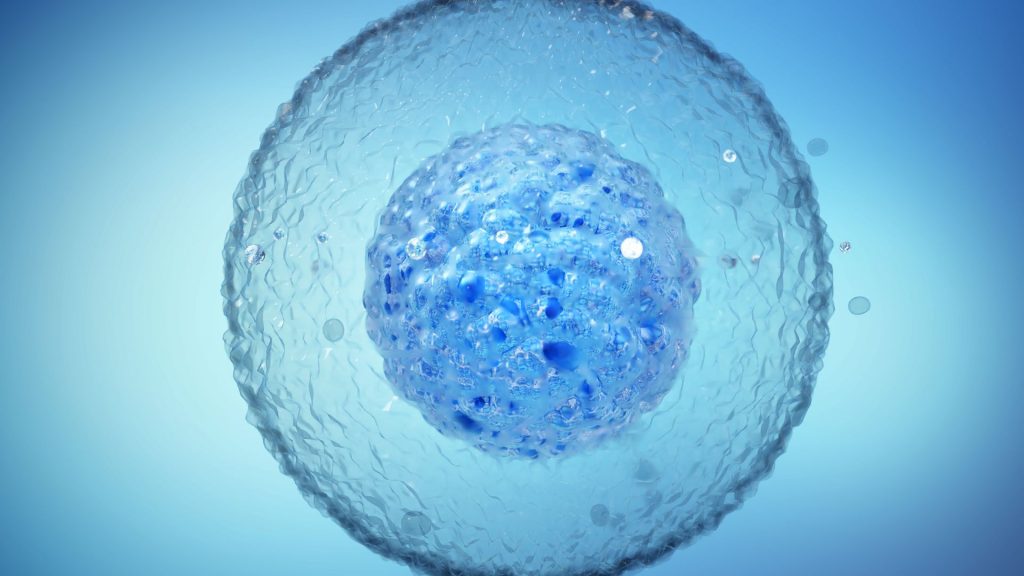Congress working to reauthorize federal stem cell and bone marrow programs

Congress is working to provide an additional five years of funding to the federal programs which oversee donations, banks of bone marrow and placentas. Bipartisan lawmakers say these programs have helped and saved hundreds of thousands of lives over the last 20 years.
How much funding could be provided?
The bill authorizes more than $280 million for the programs through 2031. The cell transplantation program would receive $33 million a year, and the National Cord Blood Inventory would receive $23 million annually. The National Marrow Donor Program, a Minnesota-based nonprofit, oversees the projects.
Two-decades of advancements
Sponsors of the bill say it’s important that the federal government collect marrow and blood donations, and work to connect donors with patients to facilitate life-saving and innovative treatment.
“God, in his wisdom, created a placenta and an umbilical cord that nurture, protect the precious life of an unborn child,” Rep. Chris Smith, R-N.J., said. “But now we find he left behind a great gift, a placenta, umbilical cord and stem cells that are teeming with life preserving and life enhancing properties.”
Rep. Doris Matsui, D-Calif., lost her husband to bone marrow cancer. At the time, there weren’t any treatments available.
Rep. Matsui said she is sponsoring the bill because she wants to make sure, “no patient ever has to hear what my husband and I heard, that there are no options.”
“That, to me, is the worst of all possible words to hear,” Matsui said.
When Congress was first working to create the programs, skeptics said no one would donate bone marrow and stem cells to a stranger. Since the program’s creation, 140,000 bone marrow transplants have been made thanks to donations.
Donations without ethical dilemmas
Stem cell research and therapy has been seen as controversial because some cells are derived from the fetal tissue obtained from abortions. The sponsors of this bill say there are no ethical issues with placentas because they are donated after the baby is born.
“This is absolutely non-controversial, absolutely ethical. I mean, it’s the after birth that is medical waste that used to be discarded that is now being turned into medical miracles,” Rep. Smith said. “Matter of fact, not to do this would be unethical.”
The placental tissue and umbilical cord blood can treat and even cure more than 75 diseases, including autoimmune diseases, blood disorders, certain cancers, Crohn’s disease and heal wounds including burns.
“The potential is enormous, and it’s all incredibly ethical, and it’s recycling biological material that, like we have all said, used to be just thrown away,” Dr. Joanne Kurtzberg, of Duke Children’s Hospital & Health Center, said.
The post Congress working to reauthorize federal stem cell and bone marrow programs appeared first on Straight Arrow News.





